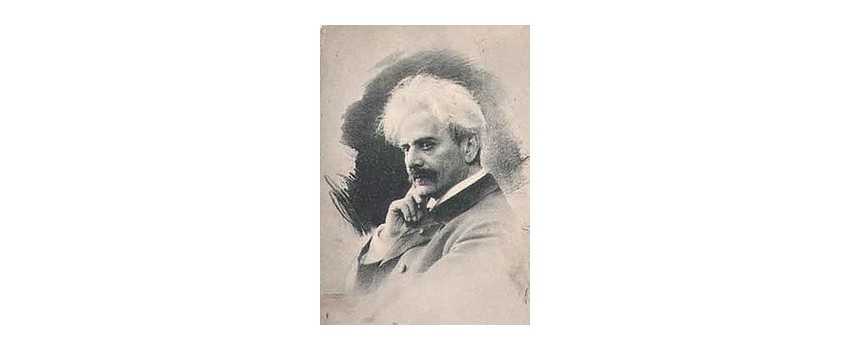Popper Mazurka In C Major Opus 51 For Cello And Piano (EMB)
Popper Mazurka in C major Opus 51 for violincello and piano
David Popper, born on 16 June 1843, was a renowned cellist whose contributions to the world of music are often overlooked. While his biography is shrouded in limited accessible details, his impact on the cello and the music industry as a whole is undeniable. Popper's journey as a musician began in a family deeply rooted in music, with his father serving as a rabbi and his brothers receiving music lessons. Little did they know that David Popper would go on to become the king of the cello.
Early Life and Musical Journey
Popper's exceptional talent was evident from a young age. After completing his studies, he joined the court orchestra as a principal cellist, while his contemporary, Julius Goltermann, emerged as one of the most celebrated musicians of their time. At the age of 25, Hans von Bulow recognized Popper's brilliance and proposed that he assume the role of principal cellist for both the Vienna Philharmonic and the Vienna State Opera. This marked the beginning of Popper's illustrious career as a performer.
Popper's influence extended beyond his performances. He played a pivotal role in shaping the music scene of his time. Notably, he was the first to perform the inaugural notes at the opening of the Ring opera house. Additionally, he convinced the ensemble to debut Bruckner's Third Symphony, a piece initially deemed unplayable by many. Popper's talent and reputation led him to cross paths with legendary composers such as Brahms, Bruckner, Grieg, Liszt, Tchaikovsky, Volkmann, and Wagner, all of whom held him in high regard.
The Teacher and Composer
While Popper's performances were numerous and exceptional, his impact as a teacher and composer is equally significant. After being hired by Franz Liszt as a professor at his newly established academy in Budapest, Popper embarked on a teaching career that remains unmatched to this day. His teachings influenced countless cellists, and his legacy as a cellist and pedagogue continues to expand globally.
One of Popper's most influential contributions to the world of cello music is his collection of 65 etudes. These etudes hold a unique place in the realm of pedagogy and are widely recognized for their merit and prominence. Popper's dedication to advancing the art of chamber music led him to establish the Hubay-Popper-Quartet, which quickly gained a reputation as one of the most refined chamber ensembles of its time.
A Life Dedicated to Music
Despite his immense talent and contributions to the world of music, David Popper remained relatively obscure during his lifetime. Apart from his focus on music, he led a charming and vibrant life. His marriage to Sophie Menter, a student of Franz Liszt, further cemented his connection to the music world.
Popper's life came to an end on 7 August 1913 in Baden Bei Wien. Although he desired to be buried in Dresden, his final resting place, his legacy lives on through the 76 numbered works he left behind. While many of these works are yet to be fully recognized, their significance and impact cannot be understated.
The Enduring Legacy of David Popper
David Popper's mastery of the cello and his contributions to music as a performer, teacher, and composer are a testament to his unparalleled talent and dedication. Despite the limited accessible information about his life, his impact on the music industry remains profound.
As a cellist, Popper's technical prowess and musical interpretations captivated audiences and inspired generations of musicians. His collaborations with esteemed composers and his role in premiering groundbreaking compositions showcased his commitment to pushing the boundaries of music. Popper's legacy as a teacher and composer lives on through the countless cellists who continue to learn from his 65 etudes and the enduring influence of the Hubay-Popper Quartet.
In conclusion, David Popper, the king of the cello, left an indelible mark on the music world. His virtuosity, contributions to pedagogy, and remarkable performances continue to influence the modern landscape of cello music. Despite the limited information available about his life, his impact remains undeniable. As we celebrate his legacy, it is important to recognize and appreciate the immense talent and dedication that David Popper brought to the world of music.

Popper Mazurka in C major Opus 51 for violincello and piano
Popper, Chanson Villageoise (Village Song) for Cello (IMC)
Popper, Gavotte No 2 in D Op. 23 for Cello and Piano (IMC)
Popper, Popular Concert Pieces Bk 1 for Cello (EMB)